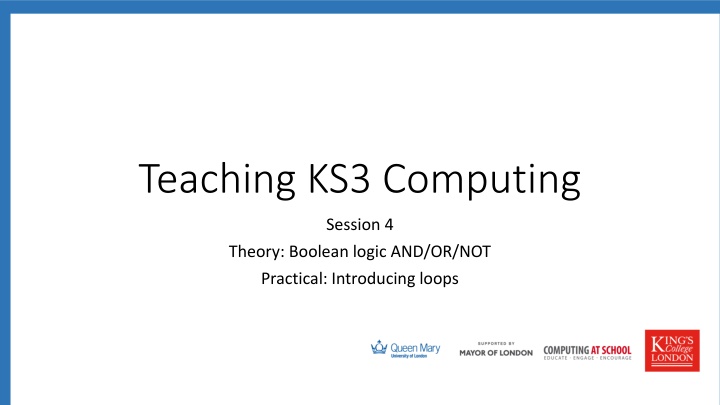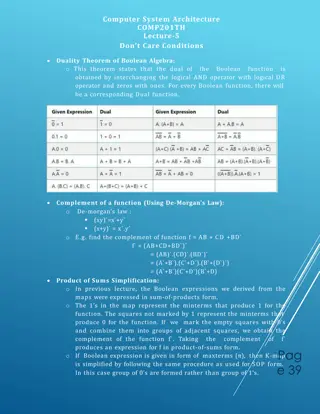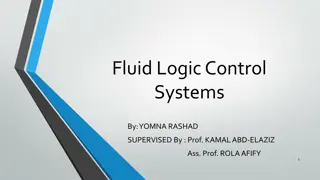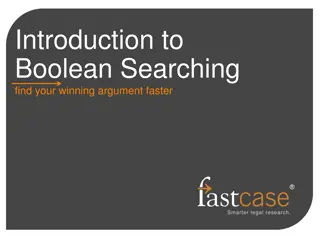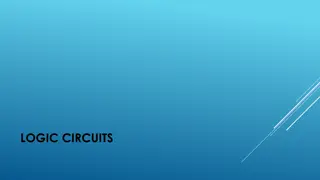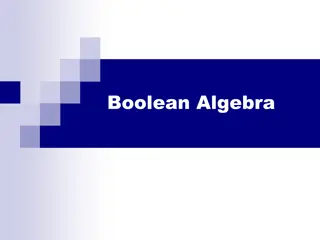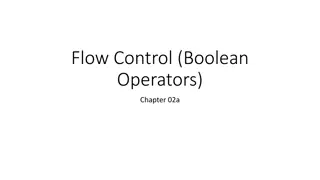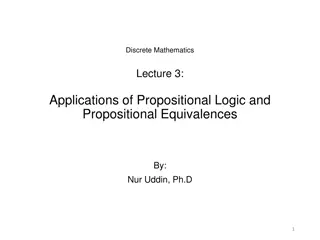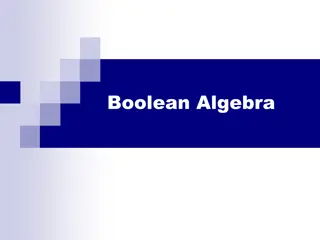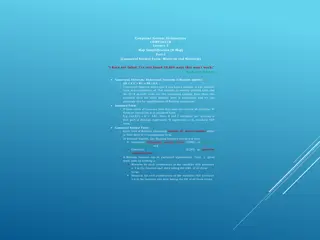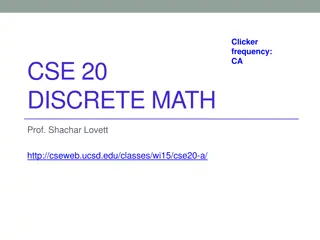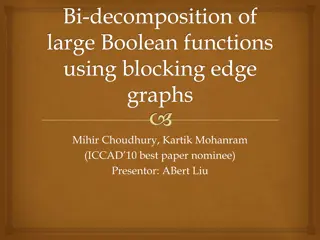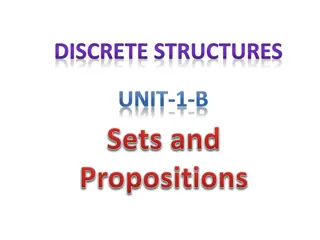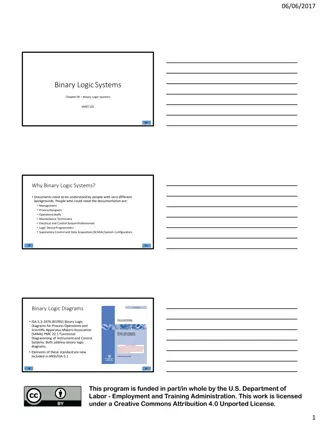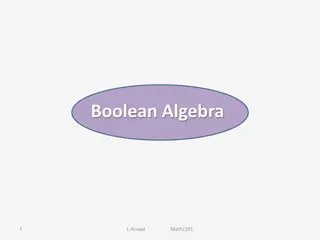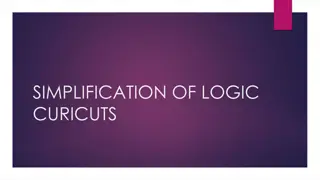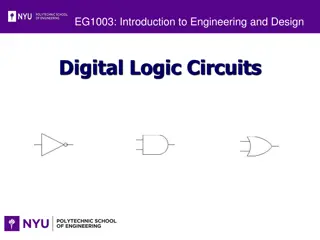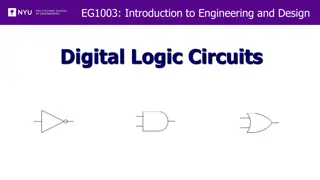Boolean Logic Activities and Puzzles
Delve into the world of Boolean logic with engaging activities and puzzles. Explore AND, OR, and NOT operators, understand their significance in circuits and programming. Challenge yourself with broken window and shelf sort puzzles, and enhance your logical thinking skills. Get ready to unravel the mysteries of Boolean expressions and logical operators in a fun and interactive learning session.
Download Presentation

Please find below an Image/Link to download the presentation.
The content on the website is provided AS IS for your information and personal use only. It may not be sold, licensed, or shared on other websites without obtaining consent from the author.If you encounter any issues during the download, it is possible that the publisher has removed the file from their server.
You are allowed to download the files provided on this website for personal or commercial use, subject to the condition that they are used lawfully. All files are the property of their respective owners.
The content on the website is provided AS IS for your information and personal use only. It may not be sold, licensed, or shared on other websites without obtaining consent from the author.
E N D
Presentation Transcript
Teaching KS3 Computing Session 4 Theory: Boolean logic AND/OR/NOT Practical: Introducing loops
Todays session 5:00 6:00 Understanding logical operators and why they are important 6.00 7.00 Programming with loops - iteration
Recap so far Programming side of course - Using turtle graphics in Python - Sequence - Functions writing and calling - If statements - Input and output print and input() Theory side of course - Algorithms unplugged - Binary numbers 0 1 - Hexadecimal numbers 0 F - Bits and Bytes Homework discuss in pairs what you have been working on. Revise the last two week s work on binary numbers, storing text, hexadecimal numbers etc. Come up with a lesson plan that you think would be appropriate for one of your KS3 classes with a mixture of unplugged and paper exercises. Work through the exercises in the Python handout and try to finish them all.
National curriculum at KS3 understand simple Boolean logic [for example, AND, OR and NOT] and some of its uses in circuits and programming;
Activity 1: Boolean operators Follow the instructions!
Boolean operators AND Gives a TRUE result if both INPUTS are TRUE Otherwise gives a FALSE result OR Gives a TRUE result if one or both INPUTS are TRUE Otherwise gives a FALSE result NOT Gives a TRUE result if the (one) INPUT is FALSE Gives a FALSE result if the (one) INPUT is TRUE
Puzzle 1: Broken window (Bebras 2016) . How do you solve this? Write out this problem as a Boolean expression
Puzzle 1 Answer Boolean Expression Has red shirt AND Has short hair AND Has dark hair
Here two rules are being applied Puzzle 2 Answer If (rectangle next to rectangle) OR (circular next to rectangle) then shelf is incorrect This can also be written as: If (rectangle NOT next to rectangle) AND (circular NOT next to rectangle) then shelf is correct
Logical operators We can use Python logical operators to work with . == is equal to != > is not equal to is greater than < >= is greater than or equal to <= is less than or equal to is less than
Activity 2: Using operators Try the worksheet questions 1-3 Extension exercises 4-6
Activity 3: Who am I game? Half of you have been given a card to fill in when you entered the room. These are now going to be shuffled and distributed to others in the class who are going to try and work out whose card is which! Question Answer Guessers: you should take it in turns to ask a question to the whole group, e.g.: What is your shoe size? Do you have brown eyes? What Zone do you live in (7 if outside) Raise your hand if your shoe size is 9 or less and you live in Zone 3. Do you travel to work/school by underground? What is the last digit of your mobile number? One other fact about you that is not visible (eg I am a good skier) The winner is the guesser who can first correctly identify who their card has been written by
Moving on Blue eyes Black shoes Output False False False False True False Towards the end of KS3 you can introduce more notation in the form of truth tables and logic circuits True False False True True True Blue eyes? True or False AND Black shoes? AND Our original example Input 1 True or False AND Input 2
Moving on Blue eyes Black shoes Output False False False False True True Towards the end of KS3 you can introduce more notation in the form of truth tables and logic circuits True False True True True True True or False Blue eyes? OR Black shoes? OR Our original example Input 1 True or False OR Input 2
Moving on Black shoes? Output False True Towards the end of KS3 you can introduce more notation in the form of truth tables and logic circuits True False True or False NOT Black shoes? NOT Our original example True or False NOT Input 1
Summary At KS3 students should understand AND, OR and NOT, even in some complex expressions Towards the end of KS3 they can be introduced to how Boolean expressions can be represented as circuits or truth tables They should also be able to use AND, OR and NOT in their programs, for example in IF statements
